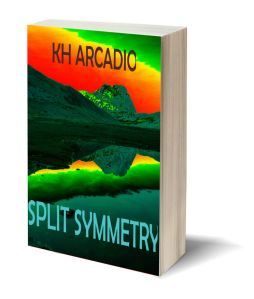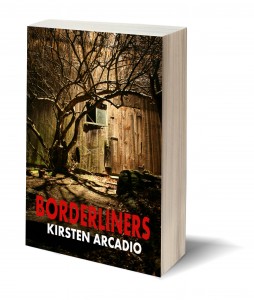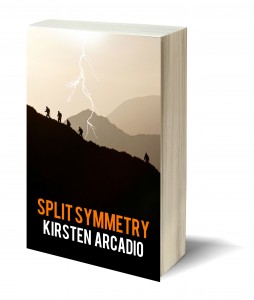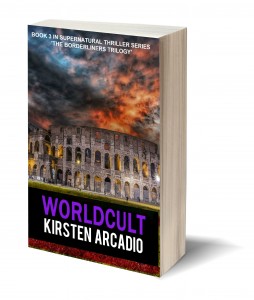One theme which interests me in literature is the power of the charismatic leader. Scratch the surface, and often you find an extremely powerful and dangerous individual who has a potent and toxic influence on those around them. How does a person become so charming within their chosen social circles or community that eventually they become revered, a status which gives them licence to commit all kinds of wrongdoing on the unsuspecting people around them?
Among the ‘villains’ listed in the Telegraph article, the 50 greatest villains in literature, my favourites are:
- The White Witch from The Lion, the Witch and the Wardrobe by C S Lewis
- Voldemort from the Harry Potter series by JK Rowling
- Iago from Othello, by William Shakespeare
- O’Brien from Nineteen Eighty-Four, by George Orwell
- Fred from The Handmaid’s Tale, by Margaret Atwood
My book, Borderliners, looks at the influence a charismatic leader has on her community, and how she succeeds in hoodwinking large numbers of people – with disastrous consequences.
Psychological traits of cult leaders
In his article about cult leaders, Joe Navarro, a former FBI Counterintelligence Agent, says the following:
They demanded perfect loyalty from followers, they overvalued themselves and devalued those around them, they were intolerant of criticism, and above all they did not like being questioned or challenged. And yet, in spite of these less than charming traits, they had no trouble attracting those who were willing to overlook these features.
Often, those who decide to ‘follow’ such people can suffer a range of psychological ill effects, including mental breakdown, and the idea of a vulnerable person who treads a precarious borderline between reality and illusion, health and mental breakdown is central to my novel.
Charisma
Max Weber, a German sociologist and philosopher best known for best known for his thesis combining economic sociology and the sociology of religion, defined charismatic authority as:
The external or internal rule over man made possible by the faith of the ruled in this supernatural power of the leader.
Such leaders tend to be:
These characteristics are:
1) Self-confidence and self assurance
2) Need for power and low authoritarianism
3) Expert power
4) Referent power
5) Communications and rhetorical skills
6) Assertive, dynamic, outgoing, and forceful
I’m particularly interested in the article’s statement that they often arise because of ‘cultural unrest’ which leads to a situation in which followers think of the charismatic leaders ‘as “prophets” or “saints”’ who will provide them with a route to salvation.
This would certainly be true of my very own villain, and she is hopefully not somebody I will ever come across in a dark alleyway.
 What if a quantum tectonic event split our reality?
What if a quantum tectonic event split our reality?




